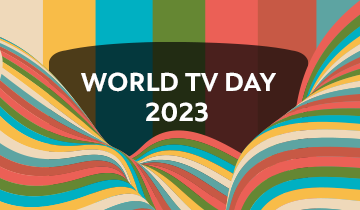
2025-2026 Programming
Services
Programming Slate Summary
PlatformsAdvertising offers by platform
ShowsCurrent programming directory
Schedule GridsBroadcast schedules by platform
Creative FormatsAvailable types of advertising
Technical SpecsAdvertising standards and formats
Sponsorship and Integrations
Insights
Olympic and Paralympic Games
About us
Customized advertising solutions
Branded ContentCustom storytelling solutions
Commercial ProductionIn-house production services
MAX CBC/Radio-CanadaDigital ad buying platform
CarbonIQ Emissions CalculatorTool for measuring emissions from your campaigns
Distribution - Archive SalesAccess to CBC/Radio-Canada's archives











